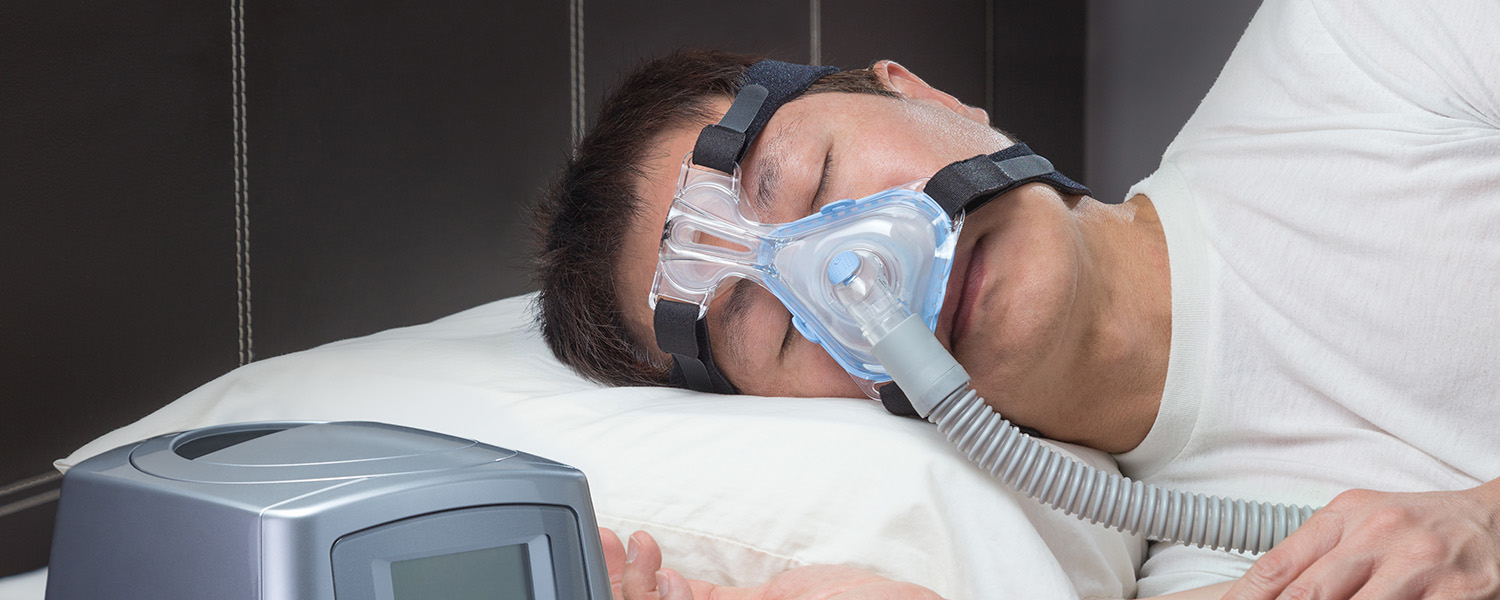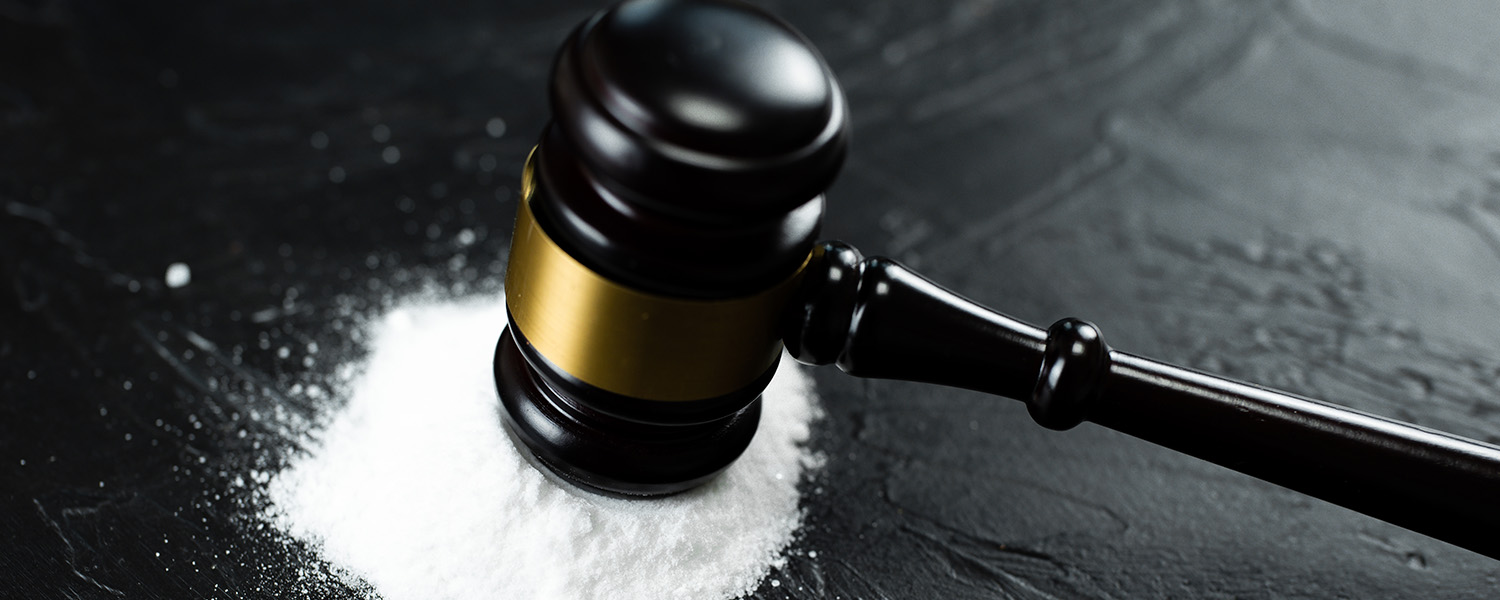Weekly Mass Torts Bulletin 2024-May-7
Philips resolves DreamStation suits for $1.1B
Dutch medical technology company Philips has finalized a $1.1 billion settlement in the United States to address lawsuits concerning faulty sleep machines, a longstanding issue for the company.
The settlement announcement led to a significant increase in Philips' stock value, much to the relief of shareholders who had feared a more burdensome resolution. Philips has been grappling with crises related to its DreamStation machines for sleep apnea since 2021, facing recalls and subsequent halts in sales in the U.S.
The settlement encompasses personal injury litigation and a medical monitoring class action, aiming to eliminate the uncertainty associated with litigation in the U.S. While Philips maintains it does not admit fault or liability, nor that injuries were caused by its subsidiary Philips Respironics' devices, it seeks to address claims filed in U.S. courts and potential future cases. Analysts at Jefferies investment firm view the settlement as less severe than anticipated and expect it to bring closure to the legal uncertainty surrounding Philips.
Following the settlement announcement, Philips' shares surged by over 33 percent on the Amsterdam stock exchange. The company's CEO emphasized patient safety and quality as top priorities, stating that remediation efforts for the affected sleep therapy devices are nearly complete. The CEO reassured that test results thus far indicate the devices' use is not expected to pose significant health risks. While expressing regret for any concerns patients may have experienced, he sees the settlements as important milestones that provide clarity on the company's path forward.
Despite having to implement significant job cuts, Philips reported losses of 463 million euros in 2023 and a further loss of 824 million euros in the first quarter of 2024, alongside sales totaling 4.1 billion euros. The company plans to fund the settlement payments, expected in 2025, through cash flow generation. Philips has also reached an agreement with insurers to cover recall-related claims, with insurers set to pay Philips 540 million euros.
Addressing investors in a conference call, the CEO highlighted the closure of the three major litigation cases as a pivotal moment for the company, signaling progress while acknowledging that challenges remain. Franco-German bank Oddo BHF views the settlement as a significant de-risking of the investment case, particularly as the remaining legal risks are deemed manageable.
In summary, Philips' $1.1 billion settlement in the U.S. marks a significant step towards resolving legal challenges related to faulty sleep machines. While the company faces financial losses and ongoing challenges, the settlement is viewed as a positive development that brings clarity and reduces uncertainty for Philips and its stakeholders.
Attorneys Seek Reconsideration of Talc MDL Daubert Ruling

Plaintiffs’ attorneys are urging the U.S. District Judge overseeing the talcum powder lawsuit MDL to reconsider a recent decision for a second round of hearings on the admissibility of expert testimony.
This decision was made before Johnson & Johnson's failed bankruptcy attempt, which significantly delayed progress in the litigation. Johnson & Johnson faces approximately 54,000 lawsuits related to Baby Powder and Shower-to-Shower products. These lawsuits claim that users were not adequately warned about the risk of developing ovarian cancer, mesothelioma, and other injuries.
The litigation began in 2016, but significant jury awards prompted the manufacturer to initiate a controversial bankruptcy scheme in 2021. This attempt aimed to force any settlements through the U.S. bankruptcy system. Despite the rejection of the bankruptcy plan due to Johnson & Johnson's financial stability, the move caused over two years of delay. Just as the plaintiffs were pushing for bellwether trials, Johnson & Johnson further delayed proceedings by seeking a rehearing of expert witness testimony.
Coordinated pretrial proceedings for the talcum powder litigation were established in 2016, and centralized before a U.S. District Judge in New Jersey. In July 2019, the Judge conducted Daubert hearings to evaluate the reliability of proposed expert testimony under federal law standards. After the release of additional studies and a Baby Powder recall in 2019, the judge ruled the plaintiffs' expert testimony admissible.'
Following the bankruptcy attempt, management of the litigation shifted to another U.S. District Judge. Johnson & Johnson challenged the expert witness testimony again in August 2023, despite previous rulings. The judge granted the request, allowing the manufacturer to challenge the testimony once more.
In response, the Plaintiffs’ Steering Committee (PSC) filed a motion to reconsider the decision, arguing that relitigating previously decided issues is unnecessary. The motion stated that no party appealed the Judge's April 27, 2020, Daubert Opinion, which correctly applied evidentiary standards.
Defendants opposed the motion, citing changes in evidentiary rules and new scientific evidence as justifications for new hearings. The PSC requested permission to file a rebuttal to the defendant’s response, which was granted.
The dispute arises as plaintiffs’ lawyers and Johnson & Johnson prepare ovarian cancer lawsuits for potential jury trials. However, reconsidering prior Daubert rulings could cause significant additional delays in getting claims before juries.'
While individual bellwether trial results won't directly bind other claims, jury awards are expected to influence potential settlement values Johnson & Johnson may need to pay to avoid trials in the future.

